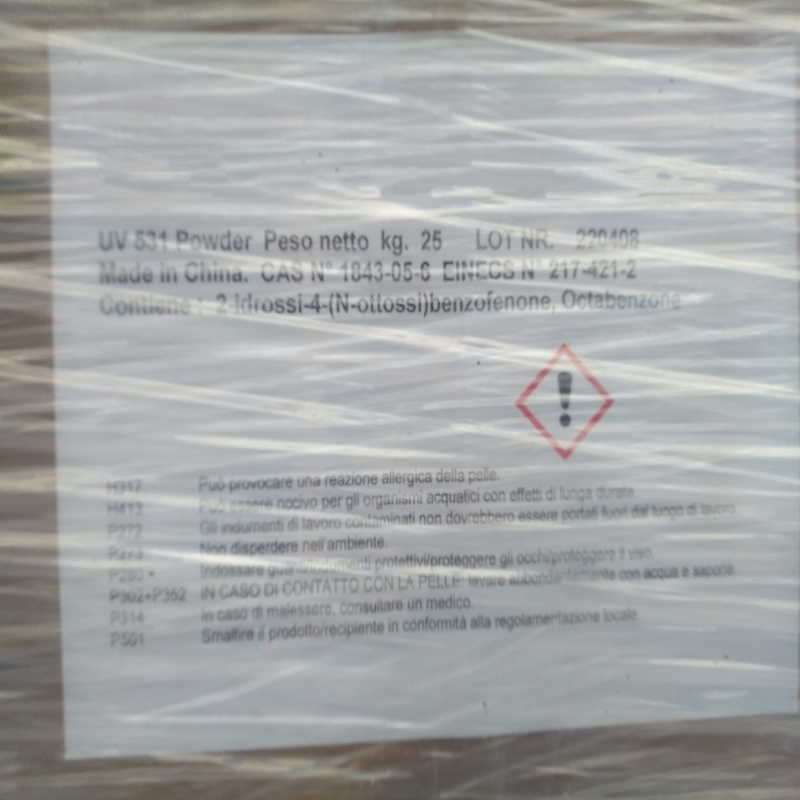-
Categories
-
Pharmaceutical Intermediates
-
Active Pharmaceutical Ingredients
-
Food Additives
- Industrial Coatings
- Agrochemicals
- Dyes and Pigments
- Surfactant
- Flavors and Fragrances
- Chemical Reagents
- Catalyst and Auxiliary
- Natural Products
- Inorganic Chemistry
-
Organic Chemistry
-
Biochemical Engineering
- Analytical Chemistry
-
Cosmetic Ingredient
- Water Treatment Chemical
-
Pharmaceutical Intermediates
Promotion
ECHEMI Mall
Wholesale
Weekly Price
Exhibition
News
-
Trade Service
Greenhouse gas emissions regulated by Europe's carbon market fell 8.
7 percent last year, with a sharp drop in the power sector helping to offset a small increase
in aviation, the European Commission said on Monday.
The European Union's Emissions Trading System (ETS), which regulates about 45 percent of the EU's greenhouse gas emissions, is the bloc's flagship policy
to combat global warming by charging for carbon dioxide emission credits.
The commission said the increase in renewable energy generation such as wind and solar led to a 15 percent reduction in emissions from the power sector covered by the scheme, while industrial emissions fell by 2 percent
compared to 2018.
However, aviation emissions covered by the program increased by 1 percent
.
In 2019, proven greenhouse gas emissions from stationary installations, such as power plants and factories, totalled 1.
527 billion tonnes of carbon dioxide equivalent (CO2e) and aviation emissions were 68.
14 million tonnes of CO2e
.
The figures are in line with
analyst expectations released last month based on raw data.
Global greenhouse gas emissions are expected to decline
further in 2020 due to measures aimed at preventing the spread of the novel coronavirus that lead to business and plant closures and reduced electricity demand.
The International Energy Agency said last week that global energy demand could fall by 6 percent, leading to an 8 percent
drop in carbon dioxide emissions.
Greenhouse gas emissions regulated by Europe's carbon market fell 8.
7 percent last year, with a sharp drop in the power sector helping to offset a small increase
in aviation, the European Commission said on Monday.
The European Union's Emissions Trading System (ETS), which regulates about 45 percent of the EU's greenhouse gas emissions, is the bloc's flagship policy
to combat global warming by charging for carbon dioxide emission credits.
The commission said the increase in renewable energy generation such as wind and solar led to a 15 percent reduction in emissions from the power sector covered by the scheme, while industrial emissions fell by 2 percent
compared to 2018.
However, aviation emissions covered by the program increased by 1 percent
.
In 2019, proven greenhouse gas emissions from stationary installations, such as power plants and factories, totalled 1.
527 billion tonnes of carbon dioxide equivalent (CO2e) and aviation emissions were 68.
14 million tonnes of CO2e
.
The figures are in line with
analyst expectations released last month based on raw data.
Global greenhouse gas emissions are expected to decline
further in 2020 due to measures aimed at preventing the spread of the novel coronavirus that lead to business and plant closures and reduced electricity demand.
The International Energy Agency said last week that global energy demand could fall by 6 percent, leading to an 8 percent
drop in carbon dioxide emissions.







